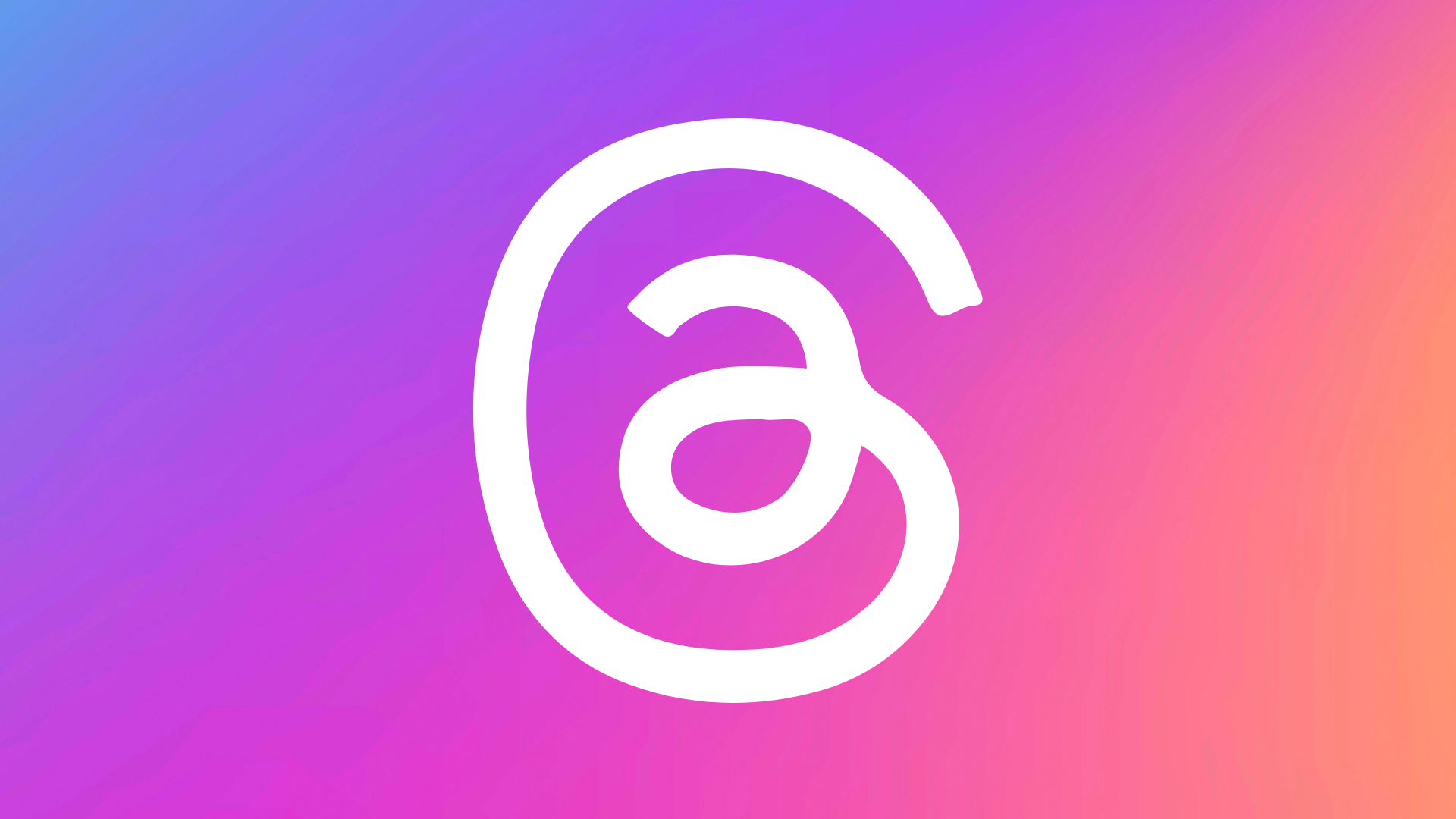*Opinion/Industry Commentary
To no one’s surprise, in March, Meta shared with CNBC that they were “exploring a standalone decentralized social network for sharing text updates.” This app would join the growing field of Twitter alternatives that have sprung up in the wake of Elon Musk’s purchase of Twitter and controversies. While some may argue that this speaks to the political alignment of brands, many see it as further emboldening the worst parts of Twitter, prompting them to express their desire for a new home.
Apps like Post., Mastodon, and even Twitter founder Jack Dorsey-backed Bluesky have emerged, but many were either too complicated for the average user or lacked the desired reach. This is where Meta’s Threads enter the chat. On Tuesday, July 4th, in a surprising announcement, Meta revealed that their Threads app would be released on Thursday. Like many others, I went to the app store to pre-download it.

First Impressions
On Thursday, when the Threads app became available, I downloaded it onto my phone and added it to my folder of social apps. Signing up was seamless as it connected to my Instagram account. I was greeted with a familiar feed interface where many of the accounts I followed on Instagram were already present. This was a significant differentiating factor, as other platforms often require users to search for and connect with their contacts from other platforms. Threads, on the other hand, delivered notifications as more people downloaded and joined the app.
On the first day, Threads already had millions of followers, and on Twitter, especially among those who are always online, there was a buzz that a new home had been found.
As the Week Progressed
As I scrolled, interacted with, and added many journalists, thought leaders, politicians, and cat-content pages that I follow to stay up-to-date, the algorithm quickly learned my interests. One Threads user even mentioned that while they might let an offensive suggested tweet slide on their ‘For You’ timeline, they would immediately block the account on Threads. Users, including myself, felt that this platform could be a more sacred space, and we hoped that content moderation would make it a better place.
Scott Galloway, an industry authority known for his direct and cutting opinions, even stated in a thread, “It’s so positive on here I’m turning into Barbie.” Unlike Twitter, where content moderation was met with claims of infringing on free speech, Threads took down many posts by accounts known for pushing the boundaries.
While my first week with Threads was pleasant, filled with content from the accounts I wanted to see and without making me question the longevity of our civilization, we must acknowledge that these are still early days.
The Future of Threads
To date, Threads has nearly 110 million users, and as history has shown with every social network, the people and content present on those networks will shape the user experience. Some expected features, such as topic searchability and trends, are currently absent from the platform but will be included in a future release.
Threads is also still in its honeymoon phase, free from hordes of bots, negative content, and ads. I am excited to see how Meta will incorporate advertisements when they choose to open their platform, but for this to be a viable platform for advertisers, they need to ensure that users continue to find it appealing and feel good about the ads they see. I would expect nothing less from Meta, a titan in the digital media industry, but this will require more moderation than their other platforms.
Keep checking back with the Chacka blog for more updates and information on Meta’s newest app, Threads.
*Please note that this blog is an opinion piece and reflects the author’s personal views, not those of the company.



